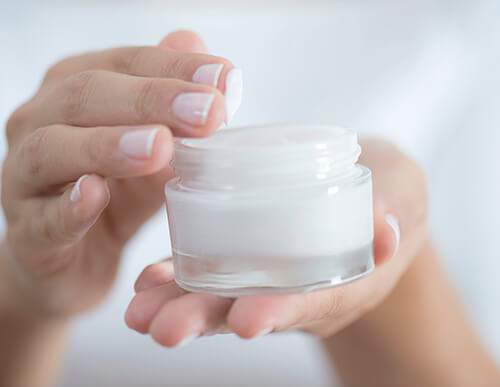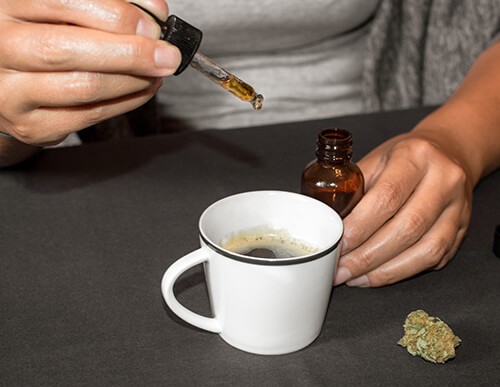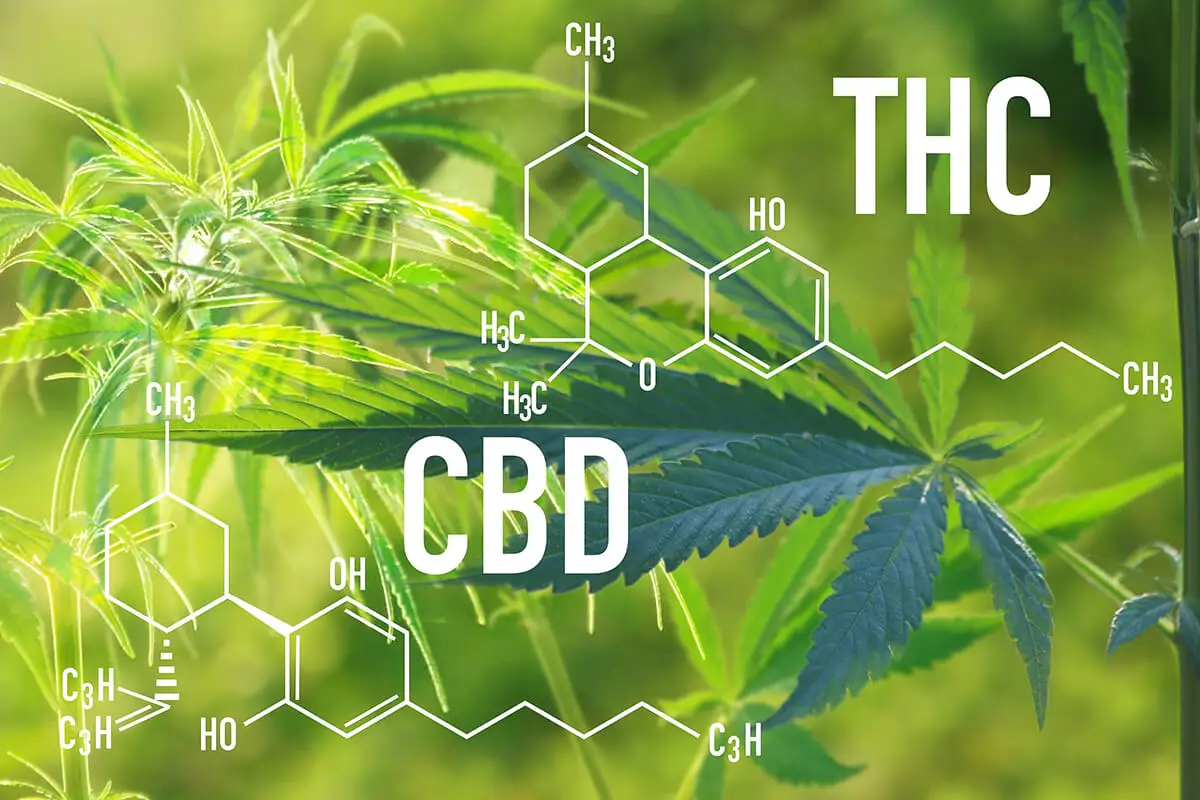When glancing around these days it may look like CBD has moved ahead of THC for cannabis medical benefits, however, all is not as it seems. Advertising is partially to blame as CBD-only products have far fewer restrictions and are available nationwide, leading to large ad campaigns touting a myriad of benefits. Meanwhile, highly effective products also containing THC have federal restrictions limiting the research and sharing of information.
Understanding these products may require a little background about the endocannabinoid system, identified in the 1990s as a complex neural network of cell receptors throughout the body that communicate with the brain. These receptors play a role in regulating the body in areas such as sleep, appetite, memory, mood, and pain.
Endocannabinoid receptors react to chemical signals produced naturally by the body. They also react to the cannabinoids found in cannabis. THC reacts particularly well to the receptors and can play a role in affecting pain, insomnia, appetite, and nausea. However, THC is the cannabis ingredient that also has a degree of psychoactive effect so it must be modulated in some uses.
On the other hand, CBD does not react as strongly to the endocannabinoid receptors, but it does serve an important role, regulating how THC reacts to the receptors. CBD and THC are an effective duo, acting together in creating an entourage effect. The presence of CBD can reduce the psychoactive properties of THC while allowing it to interact with the receptors to improve body functions.
CBD does influence other receptors, as well. It often engages neurotransmitters associated with serotonin, the compound correlated with mood, calmness, and well-being. CBD is commonly reported to invoke similar reactions. Since it has a low-level, calming effect, CBD-only products are often promoted to help with minor aches, pain relief, and mental relaxation. Reciprocally, a small amount of THC can enhance the efficacy and absorption of CBD medicines.
THC is much more direct in its impact. The potential of using THC products to control chronic pain, muscle tension, and nausea (especially during chemotherapy) could make it a versatile and effective medicine.

More official research has to be done before specific medical claims can be made. However, patients have been using THC and medical marijuana for years to alleviate negative effects from Alzheimer’s, cancer, Crohn’s, HIV/AIDS, multiple sclerosis, eating disorders, epilepsy, glaucoma, PTSD, muscle spasms, nausea, seizures, and chronic pain.
Despite the benefits of medical marijuana, many people are still hesitant to use it for relief. They may be afraid of the “high” often associated with the product. They might also not be aware of the various non-smoking forms of cannabis available in today’s market. These products can minimize or eliminate the high effect while still reportedly delivering substantial medicinal benefits.
The Leaf El Paseo is a cannabis retailer in the Palm Desert luxury shopping district in Southern California that often caters to a more discerning clientele. According to store manager Chansce Pittard, “A great introduction we like to provide for guests is a THC topical since it is non-invasive and does not induce a high effect when applied to the skin, even in liberal amounts.”
“After gaining some comfort with THC, we see people are most comfortable trying a tincture or edible with very low THC and high CBD. This combination with a small amount of THC to enhance the properties of the CBD make it much more effective.”

Topicals, tinctures, and edibles offer great options for those looking at alternatives to smoking flower, pre-rolls, and vape. Most products come in a variety of CBD:THC ratios (i.e., 30:1, 18:1, 8:1, 4:1, 3:1, 1:1, 1:3, 1:4) which allows patients to target and refine the effectiveness.
For those living with pain or discomfort, you may want to consider medical marijuana products with THC to improve quality of life. A knowledgeable cannabis consultant should be able to guide you to products that others have used to effectively treatment similar ailments.
Sources:
Green Flower: Why You Should Add a Little THC to Your CBD Might Surprise You
https://news.green-flower.com/why-you-should-add-a-little-thc-to-your-cbd
Mayo Clinic: Medical Marijuana
https://www.mayoclinic.org/healthy-lifestyle/consumer-health/in-depth/medical-marijuana/art-20137855
HealthLine: A Simple Guide to the Endocannabinoid System
https://www.healthline.com/health/endocannabinoid-system
AARP: What Medical Marijuana Works For
https://www.aarp.org/health/drugs-supplements/info-2019/cannabis-for-medical-conditions.html
WebMD: Medical Marijuana FAQ
https://www.webmd.com/a-to-z-guides/medical-marijuana-faq




